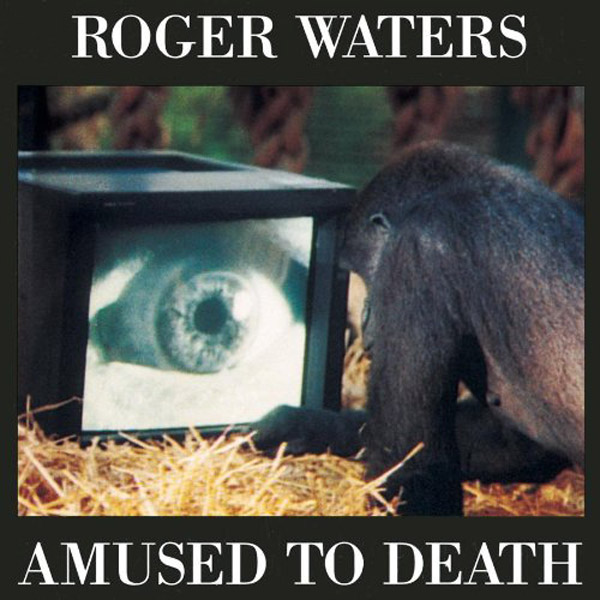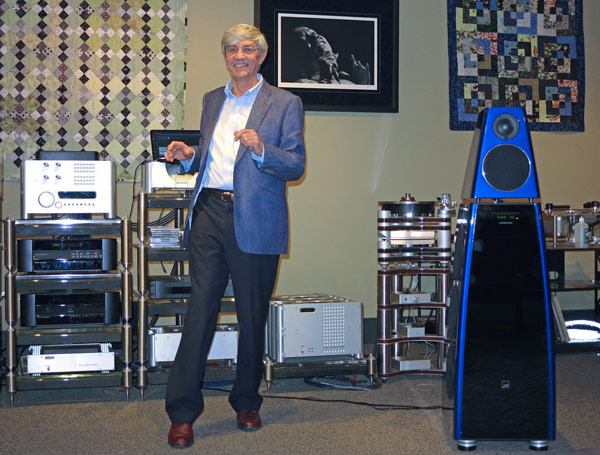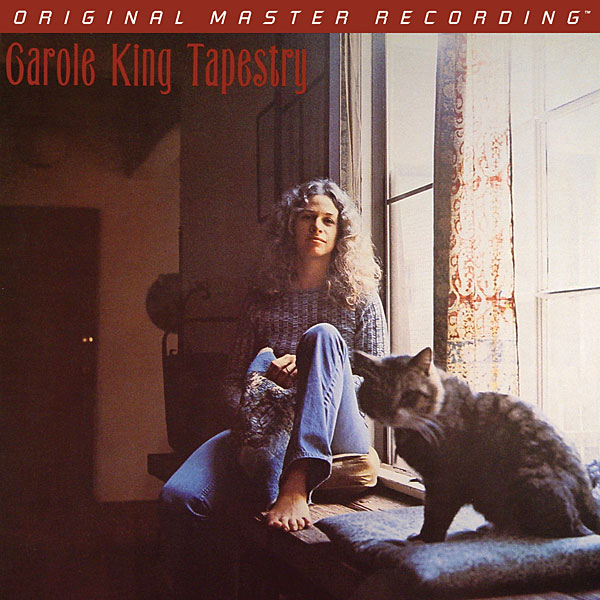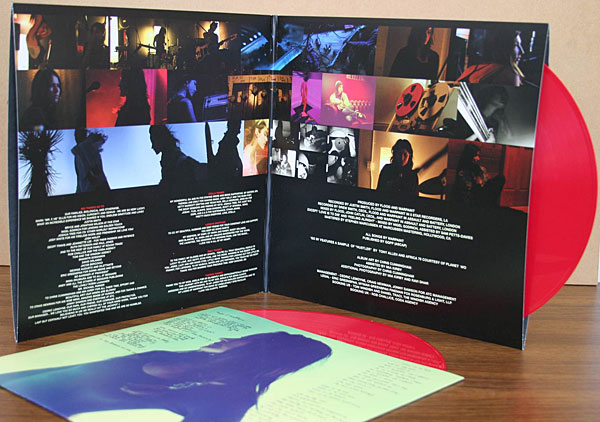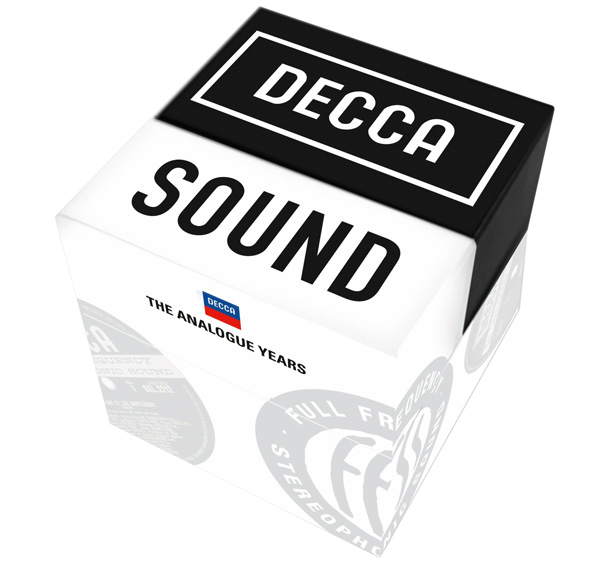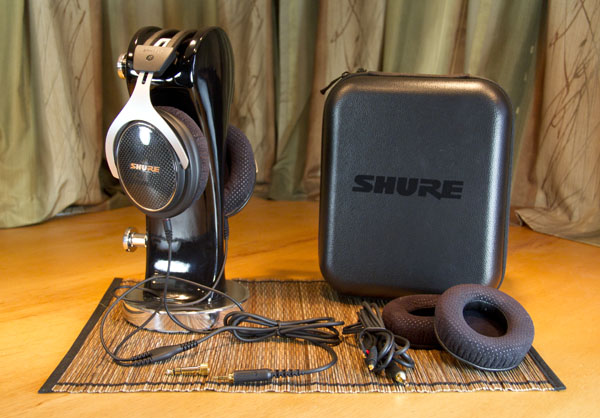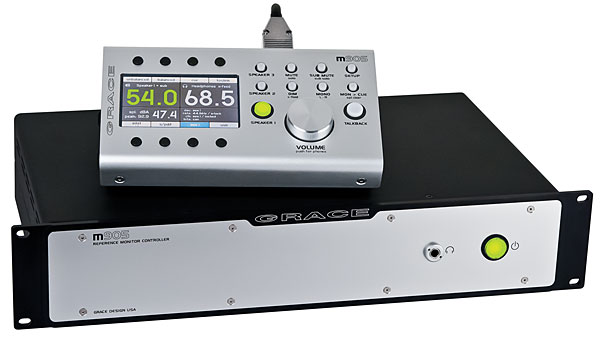Counterpoint Clearfield Metropolitan loudspeaker
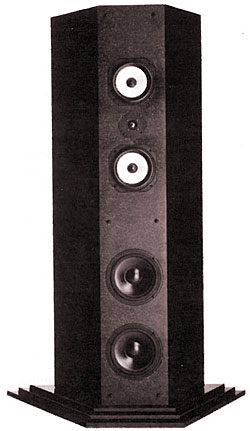 While Clearfield Audio may be a new name to many of you, it represents the marriage of two well-established members of the high-end community: Counterpoint and designer Albert Von Schweikert. Counterpoint had been working to add speakers to its product lineup for some time. The partnership with Von Schweikert, whom Stereophile readers will remember as the designer of the Vortex Screen favorably reviewed by Robert Harley in July 1989, fills out Counterpoint's high-end product line from sourcethe company showed a CD transport at the June 1993 CESto speaker.
While Clearfield Audio may be a new name to many of you, it represents the marriage of two well-established members of the high-end community: Counterpoint and designer Albert Von Schweikert. Counterpoint had been working to add speakers to its product lineup for some time. The partnership with Von Schweikert, whom Stereophile readers will remember as the designer of the Vortex Screen favorably reviewed by Robert Harley in July 1989, fills out Counterpoint's high-end product line from sourcethe company showed a CD transport at the June 1993 CESto speaker.
The Metropolitan
The developmental history of Vortex speakers provides a meaningful framework for the design of the Clearfield offerings, especially the Metropolitans, or Mets. Like the Vortex designs, the Mets are three-ways with transmission-loaded bass. Like the Kevlar Reference Screen (reviewed by Robert Greene in The Abso!ute Sound's "double-issue" 83/84, December '92), the Mets use Kevlar-coned midrange units from Focal that cover a broad range from 125Hz to 2kHz. What's dramatically different is the overall driver layout.


